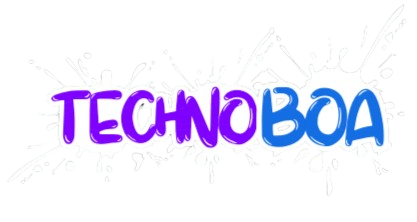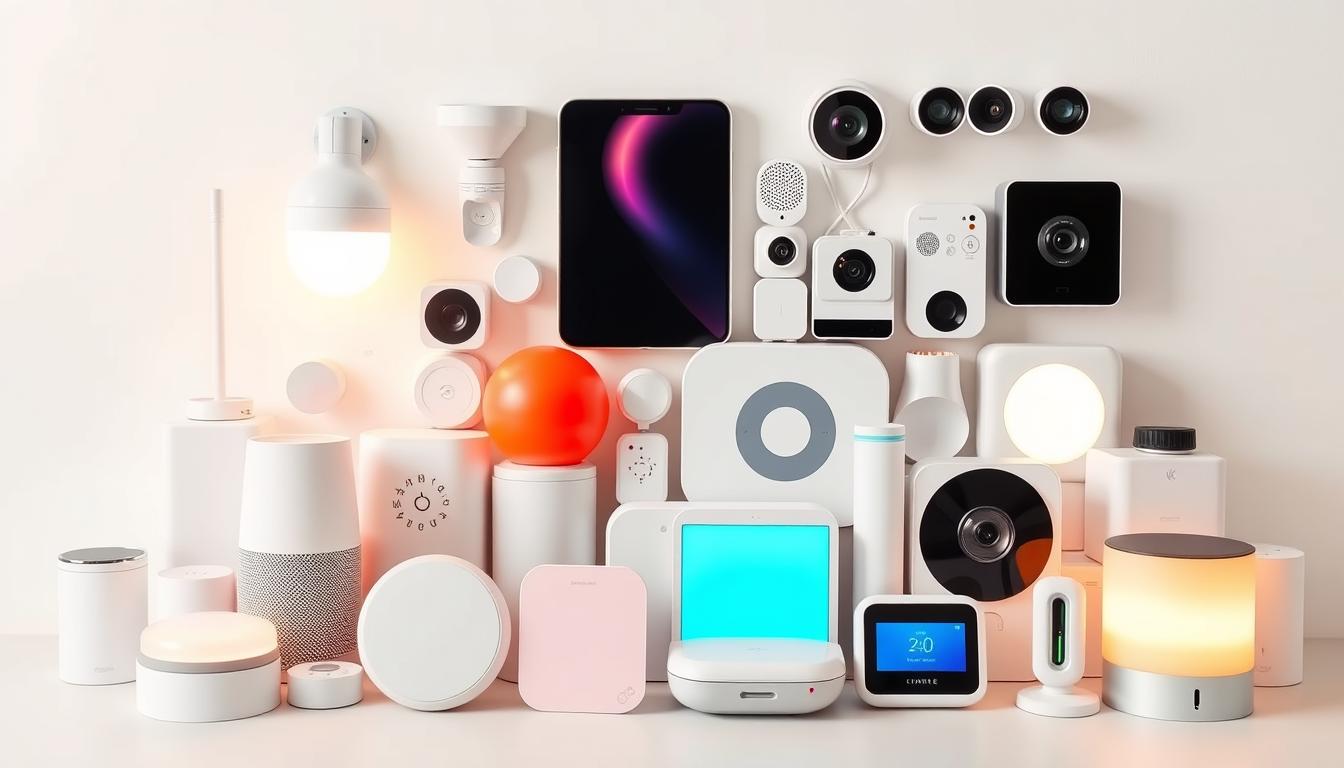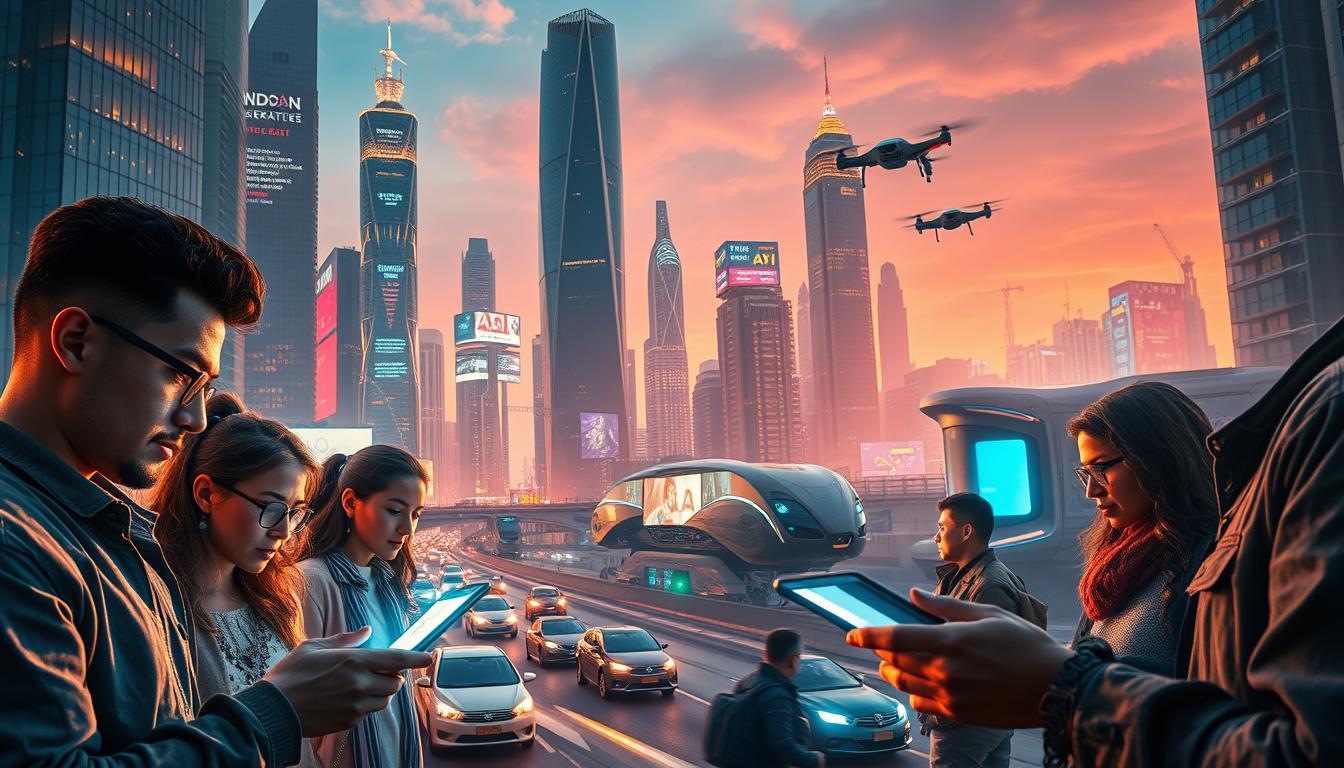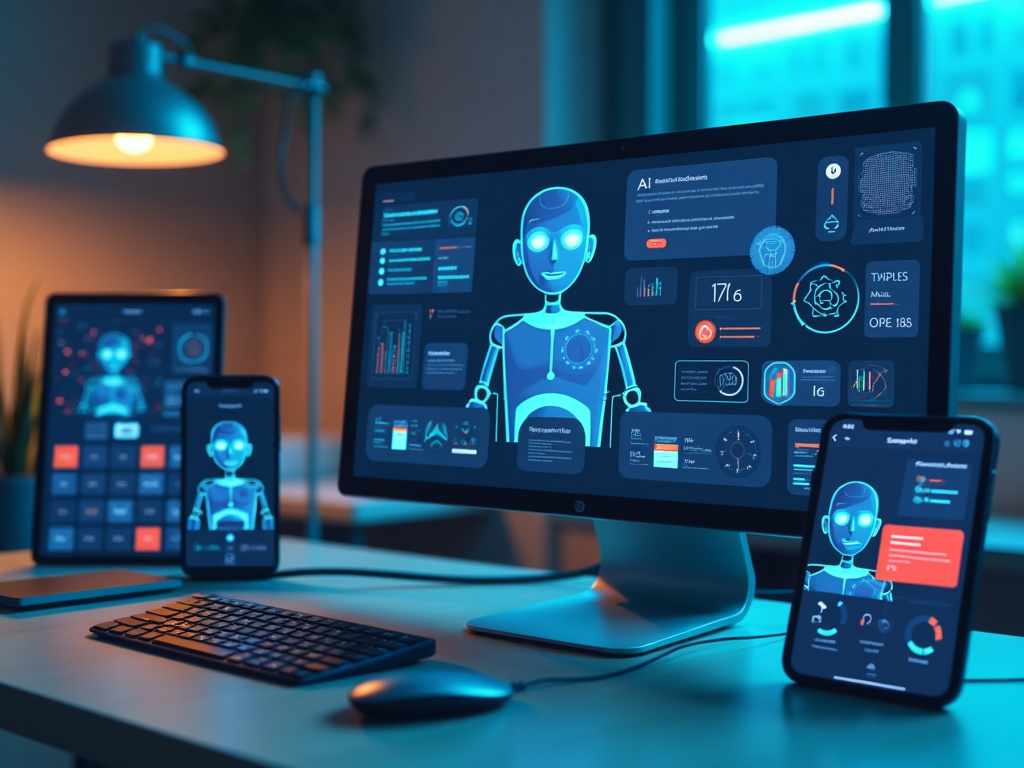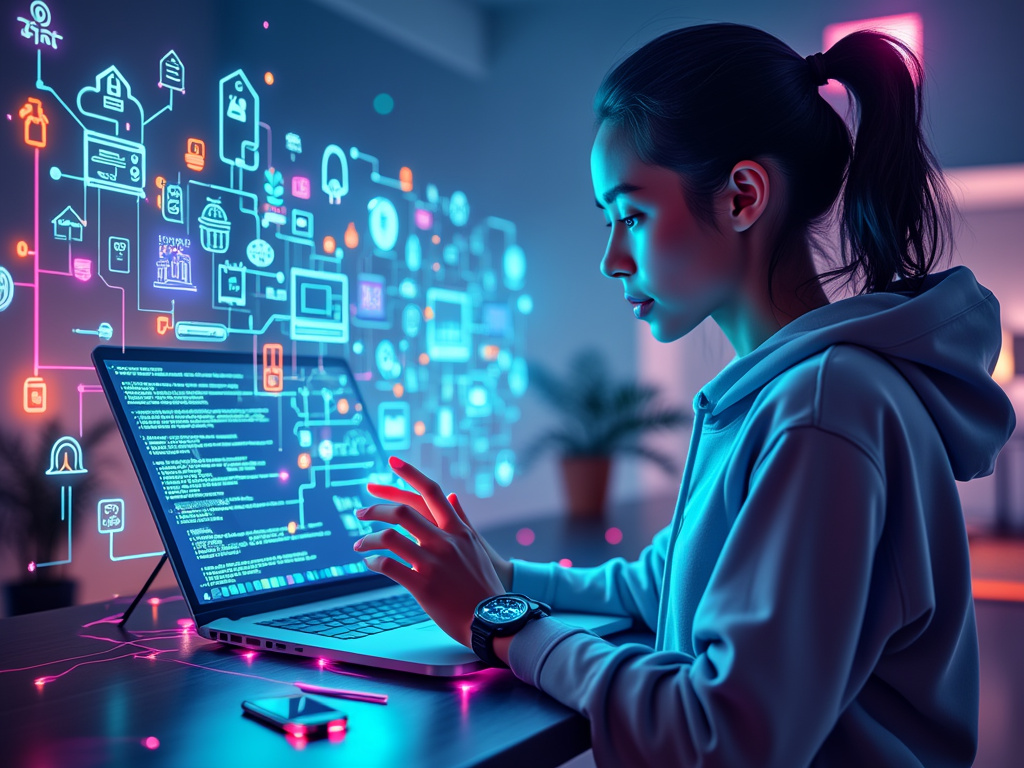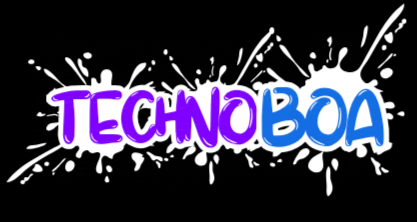As AI gets more powerful, it raises important ethical questions we must confront. One major issue is the possible bias in AI systems. Since AI learns from data, it can unintentionally pick up and amplify existing biases in that information.
For instance, if an AI system is trained on data with racial or gender biases, it could yield results that discriminate against people such as refusing to give loans or hiring based on bias. To deal with this matter, creation of unbiased AI will require designing transparent and accountable systems.
The other ethical concern is how AI affects individual privacy. With vast amounts of information that AI systems can analyze; there are chances for personal data being misused or even exploited. Clarified guidelines and regulations on individual privacy protection should be put in place in an increasingly AI-driven world.
Additionally, the question of accountability is a major ethical dilemma. For instance, if an error occurs in an AI system, who is blamed for it? Is that the developers who developed it, companies that utilized it or users who counted on it? Such matters are intricate and require deep thought considering the pace at which artificial intelligence is advancing.
AI & Job Market: Friend or Enemy?
The entrance of AI is expected to affect labor markets significantly. While some professions may experience automation, this technology will create fresh job opportunities across different sectors.
Jobs which have predictable patterns are primarily susceptible to automation technologies. For example, data entry, customer service, as well as certain legal research activities could all be taken over by these systems powered by artificial intelligence but this doesn’t necessarily imply massive losses of jobs
So there might be changes in labor market as far as requirements go with regard to skills like ai creation and data analysis among others all becoming fashion trends nowadays. Workers willing to learn new things and adapt should expect favorable future in such economies influenced by AI.
Besides that, another possibility is enhancement rather than replacement of human abilities through AI use. For example, doctors might use AI for better diagnosing diseases while educationists can personalize education sessions for students; likewise artists can rely on AI to think of novel ideas.
The key to traversing this transition is to concentrate on retraining and enhancing the capabilities of the workforce, providing individuals with necessary tools and knowledge they need to thrive in an ever-changing environment.
AI and Society: Shaping a Collaborative Future
As artificial intelligence increasingly becomes part of our lives, it is important to consider the way we want this technology to contribute towards society. The future of AI is not merely about technological development; instead, it is largely dependent on how we choose to utilize that technology as a means of improving our world.
A possibility for example would be an AI and human people collaboration where these two parties work together towards common targets. Such partnerships between machines and humans may bring forth new forms of creativity, innovation as well as problem-solving strategies that had not been thought possible earlier.
By analyzing large amounts of environmental data and predicting possible trends over time, AI could assist scientists in addressing complicated problems such as climate change. Furthermore, in education, teachers could benefit from using artificial intelligence systems so as to offer personalized instructional opportunities geared at every student’s unique requirements.
Within workplaces there is a chance for automation to replace repetitive jobs leaving humans with more interesting ones – thus freeing them up for things which are much enjoyable although being unpaid (like writing poetry). In this way more balanced working life characterized by employment satisfaction will emerge where technology supports rather than supplants human input.
The future of AI is primarily determined by the actions we take today. Through ethical priority, labor investment in education and training and emphasis on a middle- of- the-road approach, we can guarantee that benefit to all and a better future.
The AI Revolution Should Be Embraced
The AI revolution has arrived, it touches on every single area of our lives. Healthcare, finance, travel or entertainment: everything happens more efficiently than ever before. Thanks to artificial intelligence.
However, there are some questions raised by such rapid advancements which must be answered. Those who understand the basics of AI will be able to explore various practical applications while also taking into consideration its moral dimensions.
One thing is for sure about future outlooks regarding this subject matter, disregarding this would mean missing out on great opportunities in life. The coming years will not only see the use of artificial intelligence but also form part of it in creating our tomorrow’s world where boundaries do not exist any more. Entrepreneurs and students alike should start using AI now that they have not been left behind in regard with this issue at hand.
